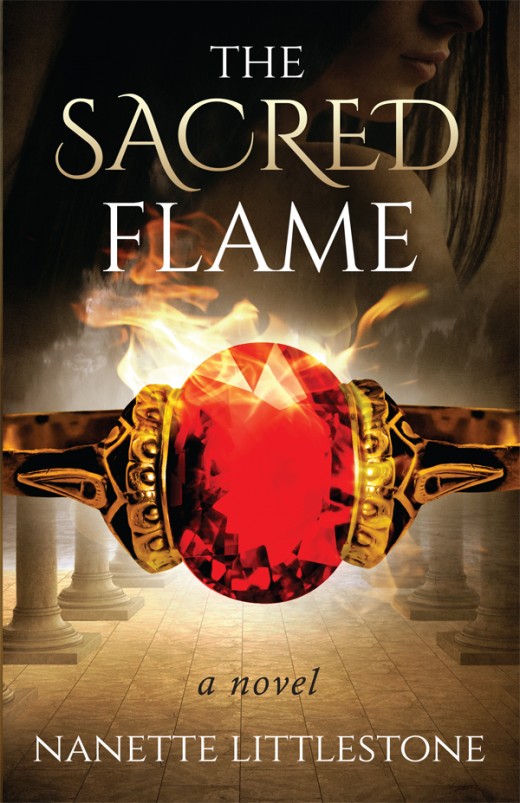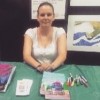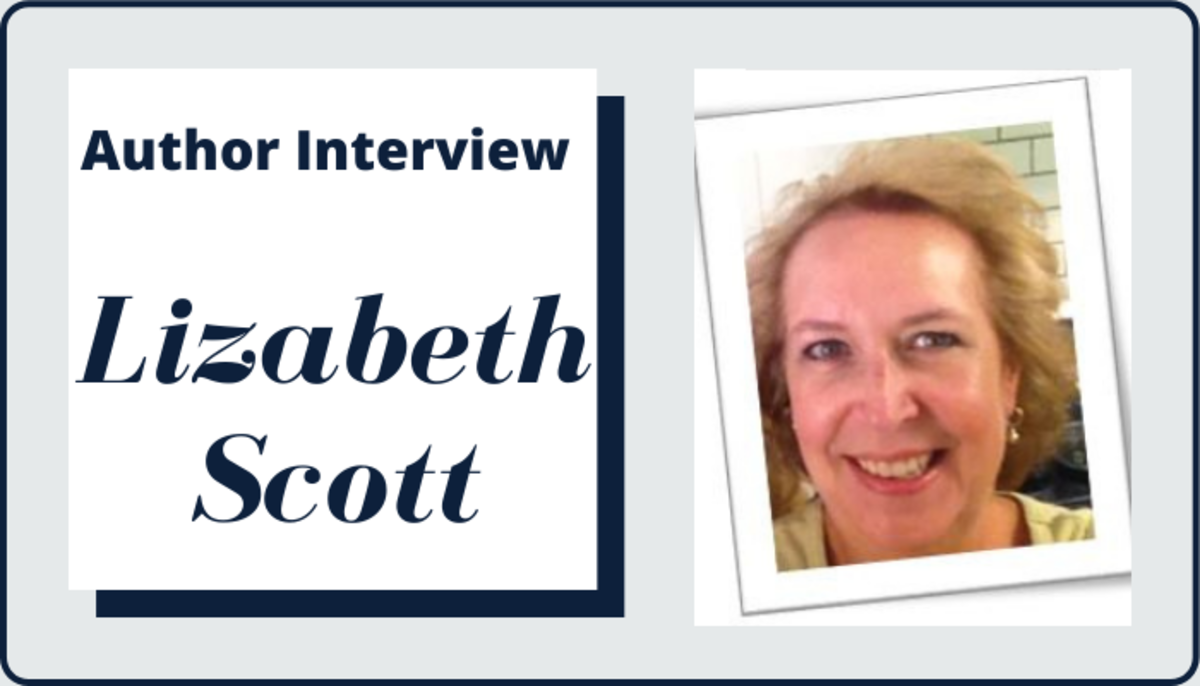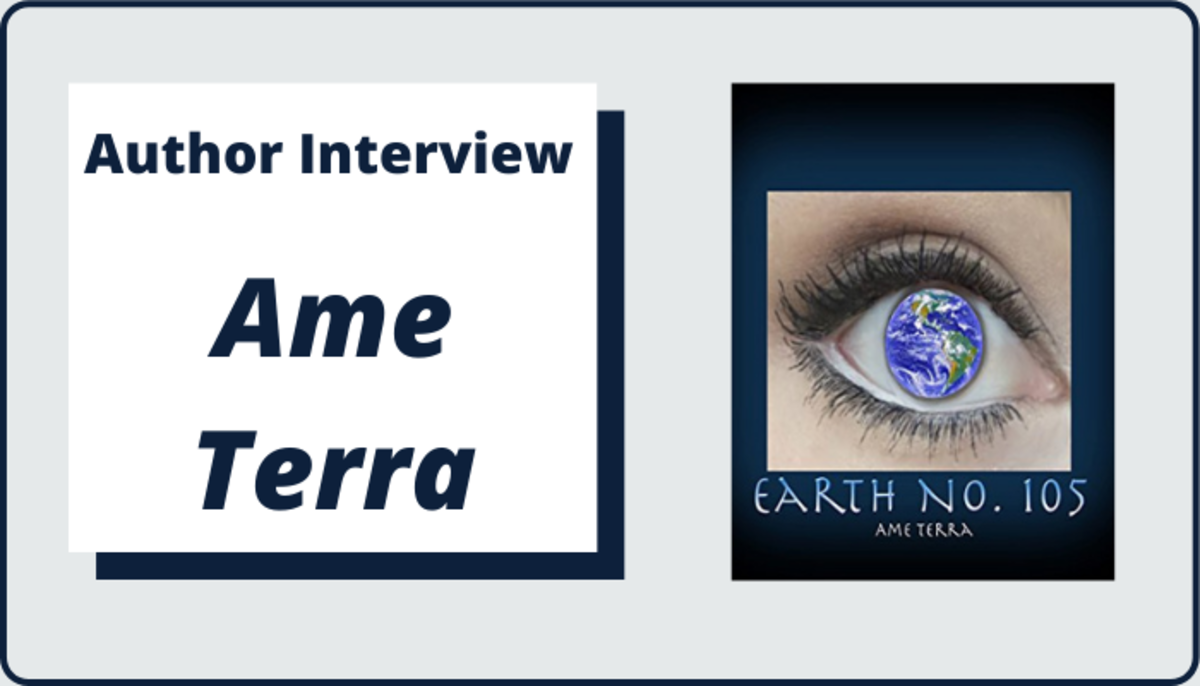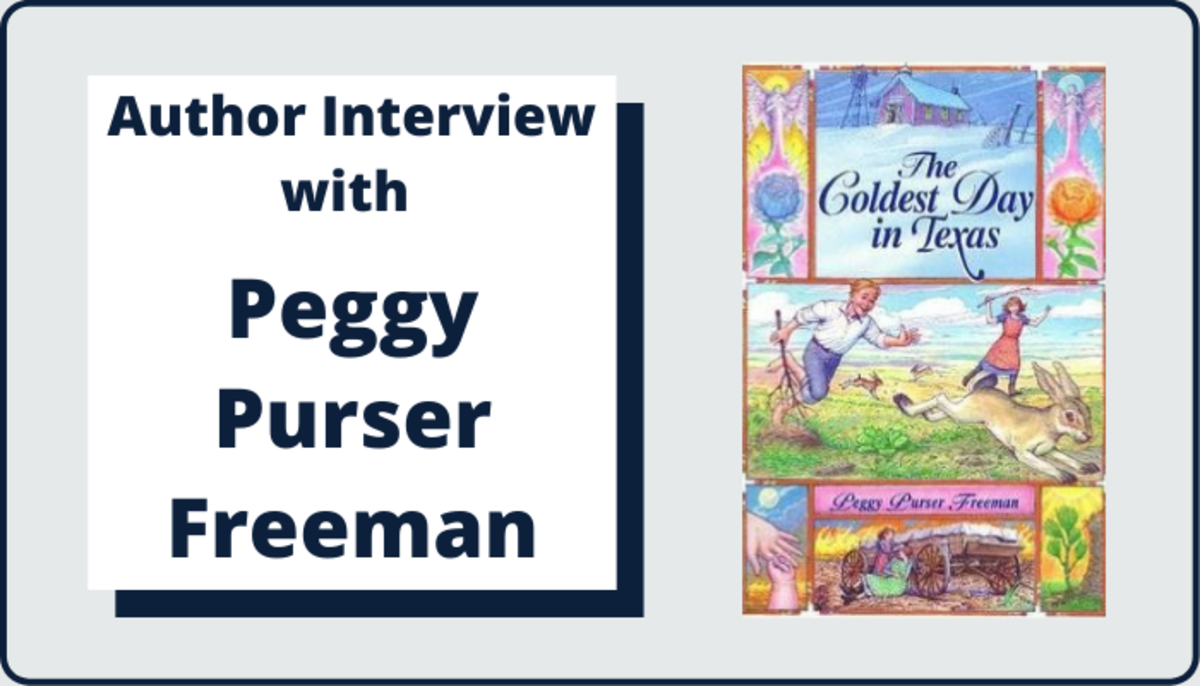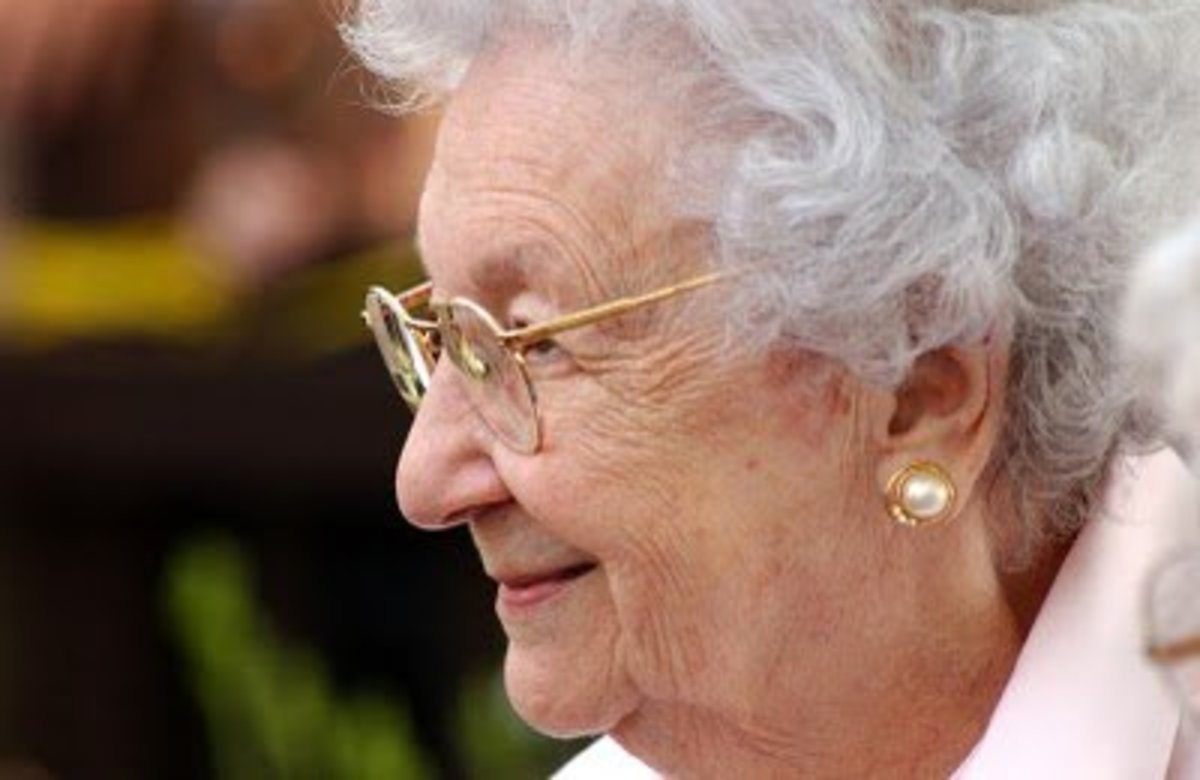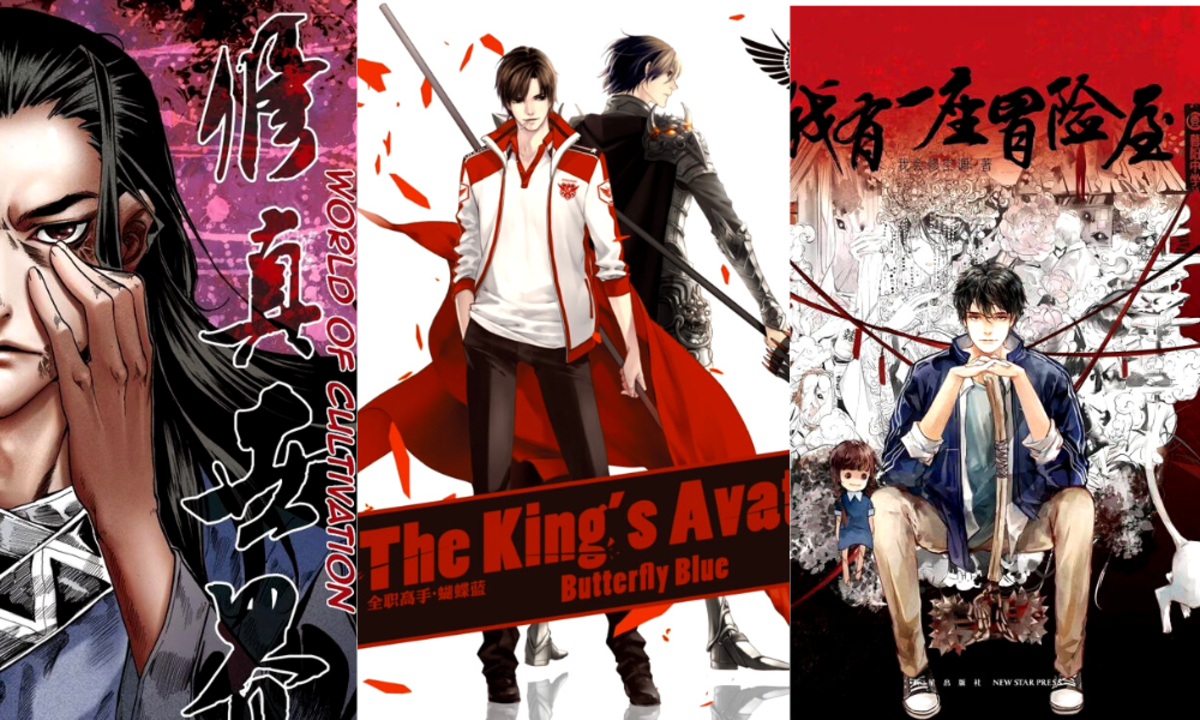Author Interview with Nanette Littlestone
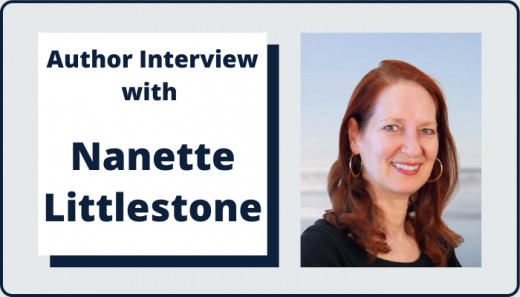
Introducing Nanette Littlestone
Romance novels are one of the most popular genres out there. In fact, most of the book promotions I see online are for romance novels.
Author Nanette Littlestone has made her mark in the genre with her novels and collaborative contributions to two other books which draw from the major themes of romance, utilizing world history and fictional staples in romance stories to come with her own unique take on romance which makes her work stand out from the others. Below is my interview with Littlestone about her books, her writing process, and the personal benefits that writing has to offer.
Click here to read the first chapter of Bella Toscana on my blog.
Nanette Littlestone
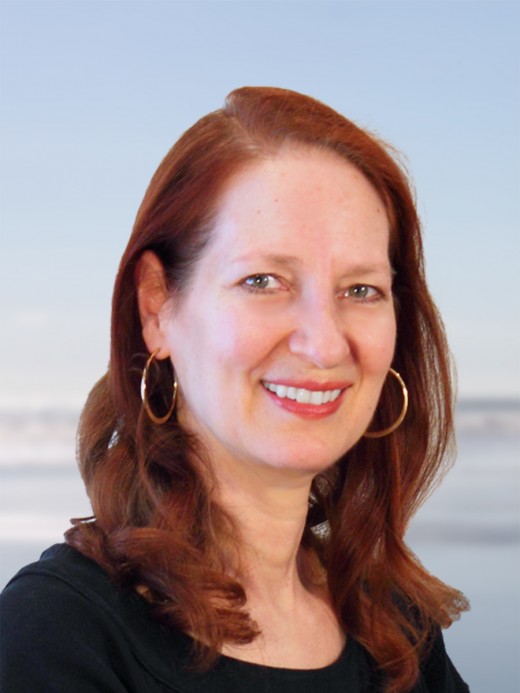
Bella Toscana Book Cover
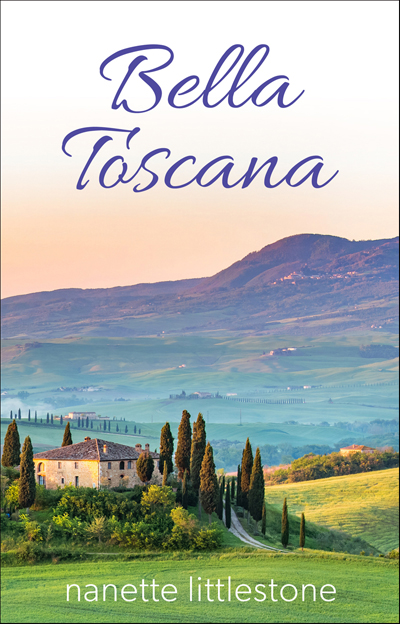
The Interview
Author name and links:
How many books have you written and where can you buy them?
F.A.I.T.H. – Finding Answers in the Heart, Vol. I
F.A.I.T.H. – Finding Answers in the Heart, Vol. II
The Sacred Flame
Bella Toscana
Summarize your book(s) in one or two paragraphs.
F.A.I.T.H. – Finding Answers in the Heart, Vol. I and II
What if the heart was more than just an organ that pumps blood? What if it could bring you joy, happiness, money, or better relationships? Ancient civilizations believed that the heart was the seat of our soul. It didn’t just enable us to give and receive love. It was the source of our creative powers and intuition. Scientists are now finding that the heart is actually a second “brain” that sends messages to every cell of the body and may hold the key to true inner healing.
The 14 authors of these books share their stories of struggle and challenge and the gifts that helped them triumph and follow their dreams. These “ordinary” women serve as extraordinary examples of what is possible for us all. Now is the time to pay attention. You can choose a new direction. Your inner compass has been guiding you your whole life. All it takes is F.A.I.T.H. – Finding Answers in the Heart.
The Sacred Flame
Ancient Rome, 216 BC. For thirty years, Livia has served Rome as a priestess to the goddess Vesta, guarding the temple's sacred flame. All she wants is retirement, a happy marriage, and peace. Instead, the High Priestess falls ill, Livia assumes leadership, and all her dreams collapse.
While the temple flame burns, no harm will come to the city. But against her vows, Livia falls for Gaius, a married equestrian, who wants to shower her with love. Passion awakens a burning desire and Livia's role as High Priestess falters. And Gaius's wife will stop at nothing to keep her marriage intact. As summer comes, Rome is threatened by the invasion of Hannibal and Livia must choose between duty or passion. A choice that might cost her everything.
Bella Toscana - On the night of her fiftieth birthday, the comfortable ride of Toscana’s life takes an alarming plunge. Haunted by seductive visions, she tries to push aside the desire and focus on the husband who adores her. Then she falls for Flynn, a younger man with an eye for adventure and a heart full of romance, who leaves her doubting everything she’s believed about love and passion.
In Atlanta, Rome, and the lush scenery of Tuscany, Toscana searches for answers to the mysteries of her life while she faces her biggest question. If she listens to her feelings will she lose everything she holds dear, or does her heart hold the key to love and joy?
What famous books can you compare to your own?
The Sacred Flame invokes some of the famous love stories in history: Romeo and Juliet, Tristan and Isolde, Lancelot and Guinevere, Paris and Helen of Troy. All of them involve a love that seems to be destined, yet forbidden. A love that cannot be ignored. A love that sparks great passion and regret. Bella Toscana also involves a grand passion, but it’s also about the journey of self-discovery, much like the journey of Elizabeth Gilbert in Eat, Pray, Love.
Quote from a positive review of your book.
“Beautifully written by a master storyteller, you are immediately drawn into the lives of the characters. The hallmark of a great novel is the ability to transport the reader to a time and place and Bella Toscana delivers! Food, passion, intrigue--it’s all here! Toscana and her journey to love and happiness captivated me and made me want more!”
How long does it take you to write a book?
A long time! My average time seems to be three years. Maybe more, if you include time for thinking. I seem to want to play with the story idea for a year or so before I ever commit words to paper.
Then there’s usually research involved and developing the characters and figuring out the story line, and all of that takes time. I learned early on that I can sit down in front of a blank screen and write, and what I produce isn’t bad. It’s grammatically correct and somewhat interesting.
But my best work comes from inspired writing, when my muse or Spirit is talking to me and I’m hurrying to capture everything that’s in my head before I lose it. That download often happens while I’m out walking, without any means of writing, and I have to keep repeating lines of dialogue or key points so that I remember what’s transpired by the time I get home. Invariably, what I come away with isn’t half of what flowed through me, but it’s usually enough to spark the writing engine and get me going.
When and where can you be found writing?
The obvious place is in front of my computer, but those magical thoughts usually come when I’m in the shower (of course I can’t write there), walking, driving (I keep a small notepad in the driver’s door so I can whip it out when inspiration strikes). I’m not a habitual writer. There’s no set time that I write, no alarm to time my writing.
I’m the worst example of a practiced author because I get inspired at all times and in lots of places. I read about authors who lock themselves away for three hours every morning, or write late at night when everyone else is asleep. I think I’d go crazy if I had to keep to a schedule.
How autobiographical are your books?
I think there are bits and pieces of all authors in their characters. The way we think, the way we act, the joys and laughter, the hurts and guilty feelings and embarrassments we’ve suffered are all part of our makeup.
Even when we create “characters” we’re really infusing part of ourselves. And my characters are like that, some more than others. Toscana, the heroine of Bella Toscana, loves dark chocolate, good food, romance, and Italy. And so do I.
Both of my last two heroines are slender, with long hair and green eyes. I’m taller than both, but I have long hair and hazel eyes. They’re also soft at heart, compassionate, introspective, and worry about their self-worth. Am I my characters? Of course not, but . . .
Then there are the messages of my books which are certainly drawn from life. As I travel my path, developing mentally, emotionally, and spiritually, those learning and healing aspects become important to me and I want to pass those on to others. I seem to have become a teacher in my later years and like to impart my wisdom (however wise or unwise it might be).
Most of it is about love: loving yourself, forgiving yourself, choosing to be kind and caring and compassionate with yourself and others, and above all learning to follow your heart. The heart is the language of the soul and when we heed the messages of the heart, then we are truly living the life we are meant to live.
What’s the best compliment that you’ve ever received about your writing?
It’s so hard to choose. A good friend feels The Sacred Flame is so relevant to empowering women everywhere that she makes it required reading for her Priestess Process classes. And that so touches my heart. Then there’s the friend who read Bella Toscana and couldn’t stop telling me during lunch how much she loved it, so much so that she bought four copies for friends and family and promoted it to complete strangers as we were leaving the restaurant.
Where do you get your covers?
I do the overall design (when I can) and my husband takes care of the sizing details to make them eye-appealing. Or my husband will create and ask my advice.
When my ideas don’t mesh with my/our graphic design abilities I’ll hire someone to help. It’s wonderful that there are so many talented designers out there.
I found Clarissa Yeo through Jana Oliver (such a talented writer) and hired Clarissa to do the cover for The Sacred Flame. None of my ideas for ancient Rome worked the way I wanted. So Clarissa came in, went in a totally different direction, and saved the day.
What is next for you?
I’m working on a YA fantasy, which is a little terrifying because I’ve never written YA. But I love the story idea.
At the bottom of the ocean lies the heart that runs the planet. And it’s failing. Far away, in a small Montana town, lives Rigel, an 18-year-old with congenital heart disease who lost her mother at the ocean when she was four. Rigel loves math and logic and is terrified of water. And her heart is failing. She only has a few months to live.
What she doesn’t know is that she is the one who’s been prophesied to save the heart of the planet. But is she strong enough to overcome her fear? And will math and logic be enough to save the planet?
Provide a quote.
I’ve been thinking of an Italian proverb from the first chapter of Bella Toscana: A tavola non s’invecchia. At the table with good friends and family you do not become old. Christmas brings up wonderful memories of being with my family. I was blessed to have a happy childhood with parents who loved me and showed their love. But now I live on the other side of the country and don’t see them often, and I miss them, being with them, sharing in the little traditions and rituals of the holidays, and all the warmth and coziness that the season holds (can you tell I’m a sucker for Hallmark movies?)
So this lovely Italian proverb sums all that up for me and I’ve been using it in my Christmas emails, along with the following:
That is my wish for you this holiday season. That wherever you are, whatever you do, you are surrounded by the love of friends and family, and that love will keep you young in heart, mind, and soul.
What’s your take on eBooks/eReaders?
I used to be violently opposed to reading electronically. It’s hard(er) on your eyes and you can’t feel the paper, turn the pages, smell the print (so some people say; I’m not sure I’ve ever smelled anything). But holding a paper book in your hands has a certain heft and weight that you don’t get with an eBook.
Then my husband got me an iPad. I wanted one for editing. I thought if I had an iPad I could look up words and spelling and punctuation issues online without having to leave my chair. And that’s how I began with my new device. But it wasn’t long before I discovered the ease of reading an ebook on Kindle. And one device can hold more than one book. So if I’m going on a trip, I don’t have to be satisfied with just one book (if that’s all the room I have in my backpack or suitcase).
I can take as many as I want and read different ones, if I want. It’s crazy. I love it. I think it’s still hard on my eyes. But God how I love it. I wouldn’t be without it now. I’ve even resorted to reading on my phone when I’m at an appointment waiting for someone. Not quite as nice an experience—tiny screen and all—but better than nothing.
Sometimes I’ll go back to reading a real book. And I enjoy that. But I’ve made the switch, and there’s no turning back.
What is your handwriting like?
Tiny. I can get about as many words on a line in handwriting as I can in typing. And it’s a combination of half printing and half script. When I grew up handwriting was taught in school. We had to practice forming our letters correctly and we were graded on how well we wrote.
There was a boy in my fifth grade class who always scored one or two points higher than I did. I felt I had perfect handwriting, but if I got a 98 he would get 100. I was so irritated by him.
According to an article on handwriting analysis, people who squeeze their words together like the company of others. I do, to some extent; I’m an introvert. Closely dotted “i”s are a sign of an organized and detail-oriented mind. Very true. I have a legible signature, a sign of confidence and comfort in my own skin. Sure. Rounded letters signal creativity and artistic ability. Love that one!
Writing quickly says I’m impatient and dislike wasting time. So true. And disconnected letters (like printing) suggests I might be more imaginative, impulsive, and base my decisions on intuition. Very true. Are they reading my mind?
The Sacred Flame Book Cover
